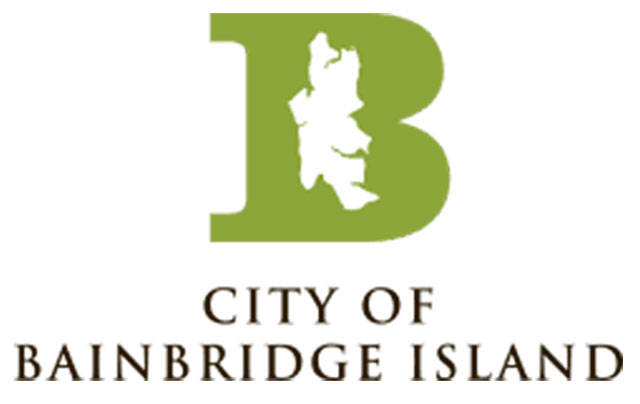Bainbridge city officials are warning that the potential passage of Initiative 976 — the “Bring Back Our $30 Car Tabs” initiative — by voters this November will lead to a loss of $600,000 in revenue next year that the island could spend on transportation projects.
I-976 is an Tim Eyman-sponsored initiative that was filed for the 2019 Legislative Session. Because the Legislature did not act on the initiative, it will go to voters in November’s General Election.
If voters pass the initiative, “transportation benefit districts” set up by more than a hundred cities across the state — including Bainbridge Island — will be eliminated.
Bainbridge’s transportation benefit district gives the city authority to collect an annual $30 vehicle license fee. If I-976 is approved, city officials say Bainbridge faces a revenue loss of $47,000 this year and $600,000 next year.
Officials say that money is expected to be used for transportation improvements, “traffic calming” measures and climate change mitigation.
Bainbridge created its own transportation benefit district in 2012 and started collecting $20 vehicle license fees in 2013.
In January, the Bainbridge council voted to increase the $20 fee to $30, with the new fees going into effect in August. The council also directed that additional revenue from the increased fees would be spent on traffic calming and climate change mitigation projects.
The revenue generated by the city’s vehicle fees pays for about 60 percent of the city’s annual road maintenance program, officials said, which amounted to five miles of chip-seal surfacing for island roads this year. The vehicle fees are also used to pay for asphalt repairs across the island, and revenues from the vehicle fees have also been tapped to buy property along city rights-of-way for road improvement projects.
At its meeting this week, the Bainbridge Island City Council reviewed a resolution voicing its opposition to I-976. The proposed resolution notes the city would lose $200,000 in funding from the city’s increased vehicle fees that were expected to be used for traffic calming projects and climate change mitigation, and notes the passage of I-976 would “require the city to seek new revenue sources, divert funds from other city activities, or reduce the scale of such projects or mitigation.”
The resolution urges Bainbridge voters, as well as voters across the state, to vote against I-976.
State officials and others opposed to I-976 have warned that the initiative will endanger critical transportation projects across Washington and will weaken the state’s economy.
Beyond impacts to major construction projects on state highways, opponents of I-976 also say funding for bridge retrofitting projects will be in jeopardy, and the Washington State Patrol will lose $15 million a year in revenue. Also in danger is $1.3 billion planned for ferry vessel improvements through the year 2031, and the 60-plus cities (including Bainbridge) that access vehicle fees will lose a combined $60 million in annual revenue.
Last month, the state’s Office of Financial Management announced that the passage of I-976 would mean the loss of more than $4 billion for transportation investments at the state, regional, and local levels over six years.
The Bainbridge council is expected to take a final vote on its resolution against I-976 at its meeting on Aug. 27.
This November won’t be the first time voters are asked to approve an initiative for $30 car tabs.
Eyman’s Initiative 695, labeled the Washington Voter Approval for Tax Increases, was approved by voters in 1999. It cut license tab fees to $30, but was declared unconstitutional by the Washington State Supreme Court the following year because the initiative was not limited to one subject.


